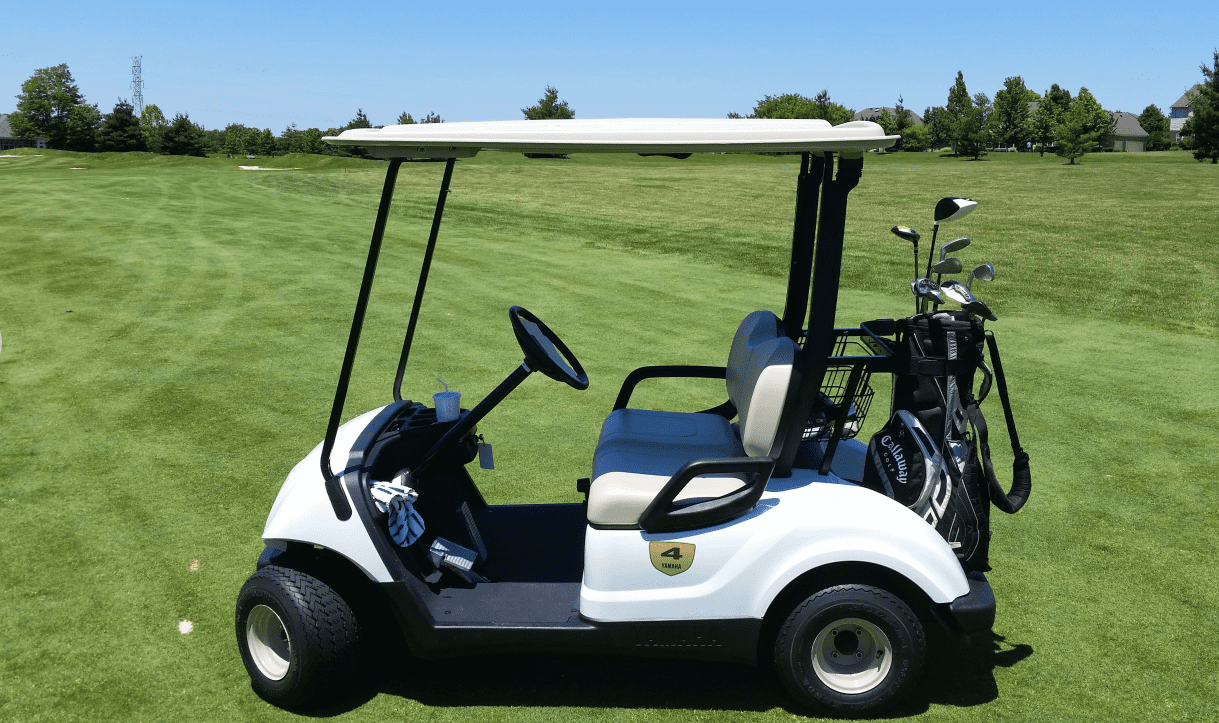In Kansas, golf carts can be operated on public roads if local ordinances permit it. Operators must have a valid driver’s license, and the golf cart must meet safety requirements, including lights and a slow-moving vehicle emblem. Each municipality sets its own specific rules regarding where golf carts can be driven.What are the laws regarding LSVs in Kansas?
Low-Speed Vehicles (LSVs) in Kansas are defined as vehicles that can travel at speeds between 20 and 25 mph. LSVs must be registered and insured, and they can operate on streets with speed limits of 35 mph or less. They must also have safety features such as headlights, turn signals, and seat belts.
Understanding Kansas Golf Cart Laws
Kansas law allows for the use of golf carts on public roads, but this is subject to local regulations. Each city or county has the authority to establish its own rules regarding the operation of golf carts. For instance, some municipalities may allow golf carts on certain roads, while others may restrict their use entirely. The key requirements typically include:
- Driver’s License: Operators must possess a valid driver’s license.
- Safety Equipment: Golf carts must be equipped with lights and reflectors.
- Slow-Moving Vehicle Emblem: A slow-moving vehicle emblem is required for visibility.
Exploring Kansas LSV Regulations
Low-Speed Vehicles (LSVs) are treated differently than golf carts under Kansas law. To operate an LSV legally, the following criteria must be met:
- Registration and Insurance: LSVs must be registered with the state and carry liability insurance.
- Safety Features: They must include essential safety features such as:
- Headlights
- Taillights
- Turn signals
- Seat belts
- Road Usage: LSVs can operate on roads with speed limits of 35 mph or less.
Local Ordinances Impacting Golf Carts and LSVs
Local ordinances play a significant role in determining how golf carts and LSVs can be used in Kansas. While state law provides a framework, individual municipalities have the power to enact rules that may be more restrictive or lenient. For example:
- Some cities may designate specific streets for golf cart use.
- Others may require additional safety measures or permits for operation.
Residents should consult their local government websites or offices to understand specific regulations that apply to their area.
Latest News
- Kansas City Approves New Golf Cart Regulations: Recently, the city council approved new regulations allowing golf carts on select public roads during daylight hours.
- Increased Interest in LSV Use: There has been a noticeable increase in residents opting for LSVs as an eco-friendly transportation alternative.
- Safety Campaign Launch: A new campaign focusing on the safe operation of golf carts and LSVs has been launched by local authorities to educate drivers.
Redway Expert Comment
“In recent years, we have observed a growing trend towards the adoption of both golf carts and Low-Speed Vehicles in urban areas across Kansas. This shift not only promotes eco-friendly transportation but also enhances community engagement. However, it is crucial for operators to adhere to local regulations to ensure safety for all road users. At Redway Battery, we are committed to providing high-quality Lithium LiFePO4 batteries that support these vehicles’ efficiency and longevity.
Conclusion
Navigating the laws surrounding golf carts and LSVs in Kansas requires an understanding of both state regulations and local ordinances. As communities continue to embrace these vehicles for transportation and recreation, staying informed about legal requirements will help ensure safe and enjoyable experiences for all users. Whether you’re considering using a golf cart for short trips or investing in an LSV for more versatile travel options, understanding these laws is essential.
FAQs
What are the key differences between golf cart and LSV regulations in Kansas?
In Kansas, golf carts are limited to a maximum speed of 20 mph and do not require registration or a driver’s license for operation. In contrast, Low-Speed Vehicles (LSVs) must be registered, insured, and operated by licensed drivers. LSVs can travel on roads with speed limits of 30 mph or lower.
Are there any recent changes to the laws governing LSVs in Kansas?
Yes, recent legislative updates in Kansas have clarified that LSVs must adhere to specific safety standards and registration requirements. These changes emphasize the need for proper documentation, including a Manufacturer’s Certificate of Origin or title, to ensure compliance with state regulations.
How do Kansas’ laws for LSVs compare to those of neighboring states?
Kansas laws for LSVs are similar to those of neighboring states but may vary in specific requirements. For instance, while LSVs in Missouri can operate on roads with speed limits up to 35 mph, Kansas restricts them to roads with limits of 30 mph or lower. Registration and insurance requirements also differ across states.
What are the specific requirements for registering an LSV in Kansas?
To register an LSV in Kansas, owners must provide a Manufacturer’s Certificate of Origin or title, proof of insurance, and a Vehicle Identification Number (VIN). The registration process typically occurs at the local Department of Motor Vehicles (DMV), where applicable fees must also be paid.
Are there any unique safety regulations for LSVs in Kansas?
Yes, Kansas requires that LSVs be equipped with essential safety features such as headlights, taillights, turn signals, rearview mirrors, and seat belts. Additionally, operators must comply with all traffic laws applicable to standard vehicles when driving on public roads.




